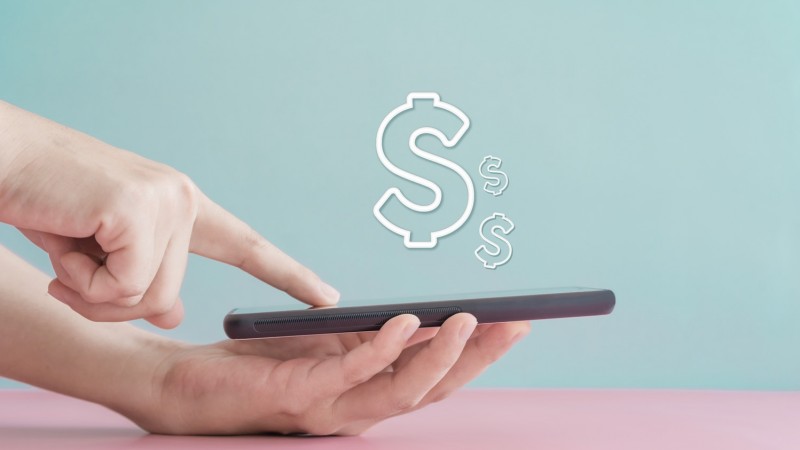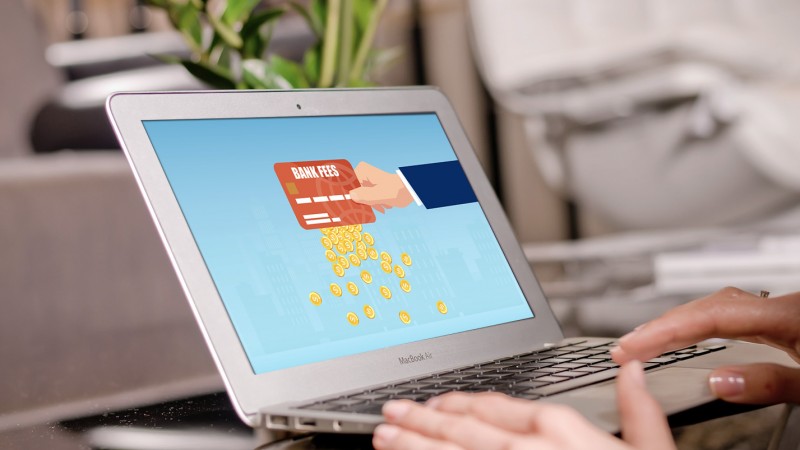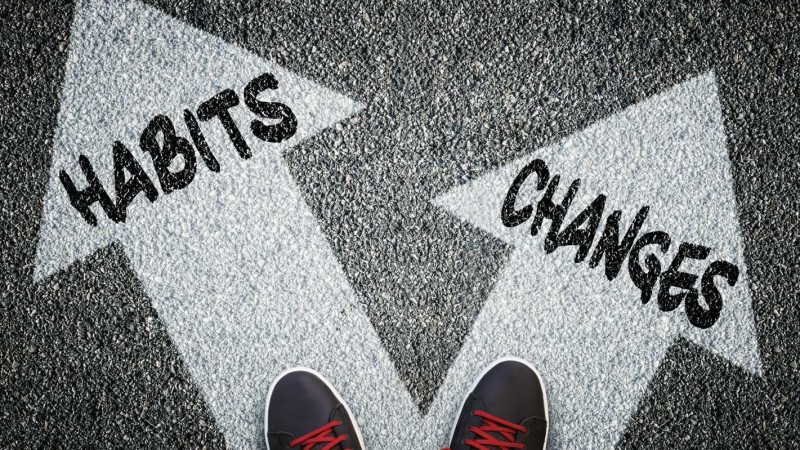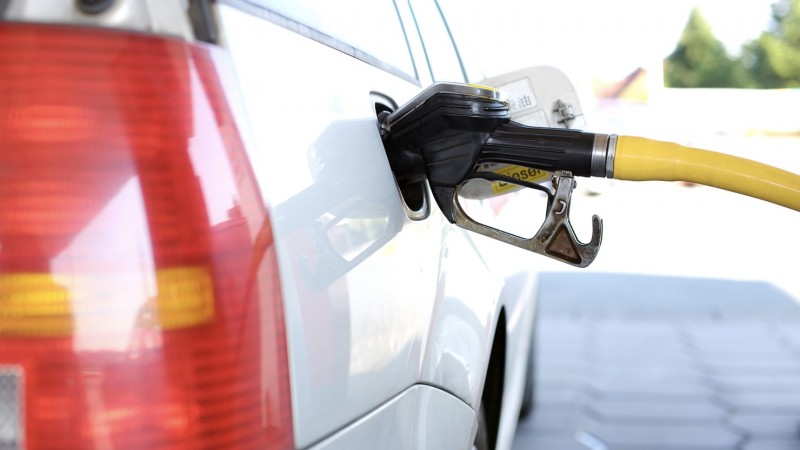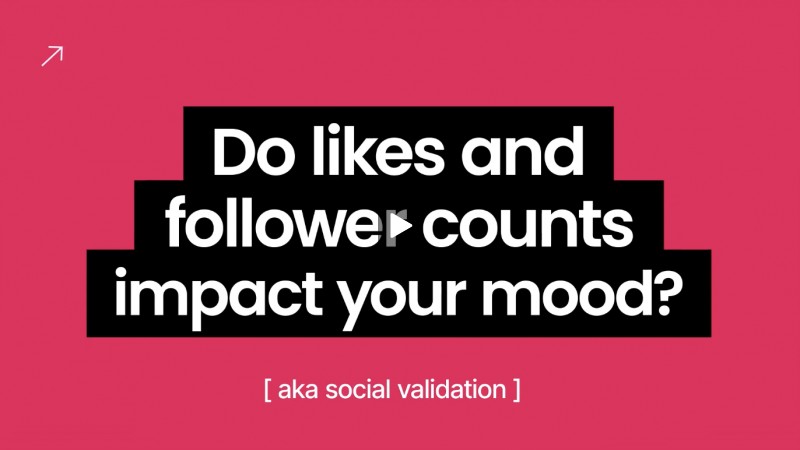Payroll (Debit) Cards: Getting Your Paycheck Deposited on a (Debit) Card
- Detalles
- Escrito por Will from Holland
- Categoría: Articles
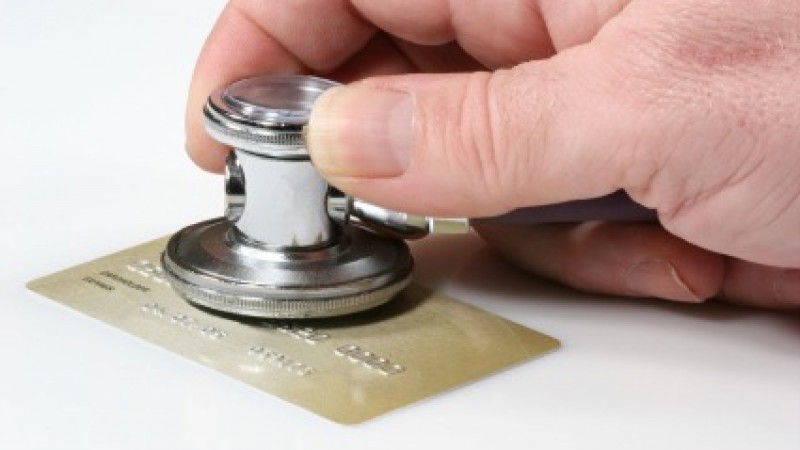
Have you ever heard of payroll cards? Payroll cards are a lot like debit cards—you can use them to pay for items in shops or online, or to withdraw money from your account.
It is your job to decide which card is the best for you.
The difference with payroll cards, however, is that your employer deposits your paycheck directly onto the card's available balance. You will no longer receive a paper check or have the money transferred into your account through direct deposit. You have access to your money immediately, and have all the same conveniences as a debit card (and the card typically has a Visa® or MasterCard® logo on it).
If you don't have a checking account, your payroll card makes it a lot easier for you to pay bills. It also allows you to save money, as you no longer get charged high rates for using check cashing services.
All this sounds pretty great, right? Yes, but payroll cards may have downsides to them as well.
Payroll Cards May Have Downsides
For instance:
-
Payroll card issuers normally charge fees for you to get to your money. Sure, some financial institutions charge you for using your checking account, but would you like to pay for the following?
-
A monthly "user/subscription fee." Paying a fair price for a service is okay if it is convenient, but some payroll cards charge more than others. In some cases, fees may not be disclosed until after you have signed up for the service. Here's a tip: if you have the option, don't sign up for a payroll card if the company won't disclose fees up front.
-
A charge every time you use an ATM or go to the teller window. Some issuers may charge small amounts for making withdrawals of your own money! Are you kidding me?
-
A charge for checking your card balance or for using their customer service. Unfortunately, this happens all the time with some payroll cards.
-
A charge if you don't use your card much. It's called an "inactivity fee". FoolProof calls that a "rip-off" fee.
-
An overdraft fee. This happens when you withdraw more money than you actually have in your account. Consistently overdrawing your account isn't smart. This fee won't be charged if you budget properly though!
-
-
Some employers may force you to use a specific payroll card—even though federal regulation says they are not allowed to do so.
Forcing you to use a specific card can save your employer a ton of money. Cost-wise, it is much cheaper for them to deposit money on a card rather than cutting checks each month or paying bank processing fees.
FoolProof believes that it is wrong for you to pay hefty and unnecessary fees for something that already saves a company (an employer) a lot of money. Payroll cards—in FoolProof's opinion—shouldn't be profit makers, they should be a service for their employees. Here's what we mean:
-
Many large fast food restaurants and retail stores use payroll cards to pay their employees. Some of them even mandate a specific card. But why would you use that card if it costs you more money in fees than another card?
-
-
A payroll card makes it very easy for you to spend without thinking. Hey, all of a sudden you've got a ton of money on your card! Party time! Bad idea...
-
Many payroll cards come with very hefty fees if you don't have a checking account. FoolProof asks: Why should you pay more just because you don't have a checking account? You may already have to deal with very expensive check cashing services, why should you pay more for a payroll card too?
Of course, a payroll card has advantages for consumers. Actually, a payroll card can be handy to have and easy to use. No more taking your check to the bank each payday and standing in line to deposit it. No more worrying about losing your check (although you can still lose the card). Additionally, you get all the conveniences of that debit card, like buying stuff online.
How Do You Pick the Right One
So, if you're thinking about a payroll card, how do you pick the right one?
Very carefully, that's how. Don't be forced into taking a specific card. When looking for a payroll card service, find one that deals with these issues:
-
They disclose their fees up front.
-
They provide a history of your account and balance, for free. A good payroll card gives you free access to your account history and your account/card balance.
-
They provide liability coverage. A good payroll card provider will give you some form of protection if your card is used without your permission. Good cards will help you limit this risk if you notify them within a certain amount of time from when the incident occurred.
-
They provide customer service when mistakes are made. Find a mistake with your card or deposit? A good payroll card (company) will help you resolve the issue.
If your employer forces you to use a specific payroll card, be sure that it has at least these minimum regulations:
- Free point-of-sale transactions (purchases in stores).
- Free declined transactions.
- A method by which you can dispute fees.
- One free replacement card per year, if needed.
- Free online and telephone access to account information.
- Free (hard copy) transaction histories every month.
Everybody is issuing payroll cards. Walmart has its MoneyCard®, and there's the USA PayCard, the Vantage Card, and many others, and every card provider is going to tell you they have the best card.
It is your job to decide which card is the best for you. Use caution, question all payroll card providers, and follow our tips!
You could save hundreds or thousands of your hard-earned money over the years by moving carefully to the world of payroll cards.
Makes sense, right?
Cheers, Will














